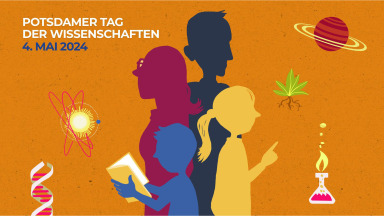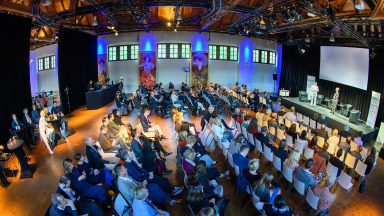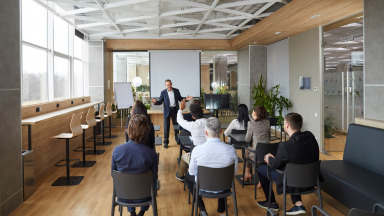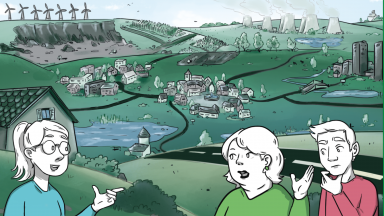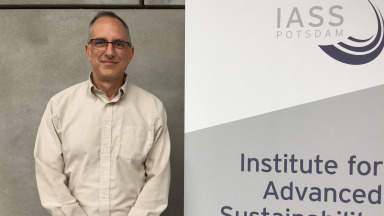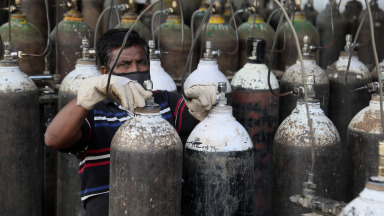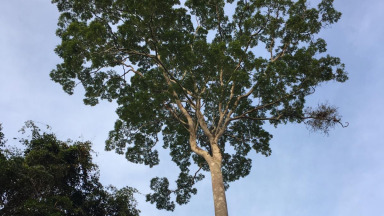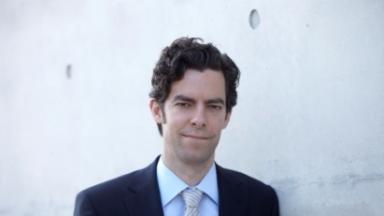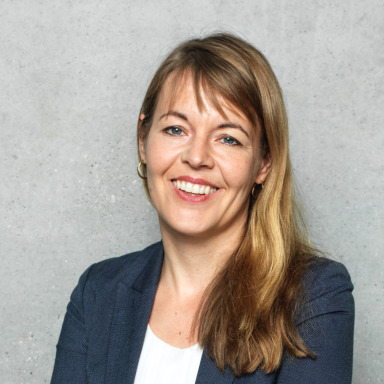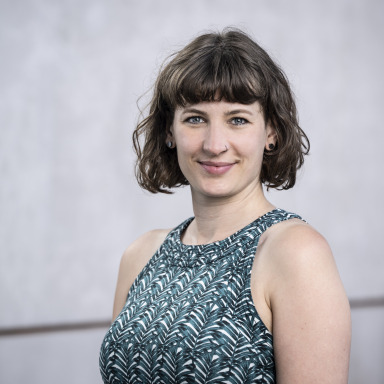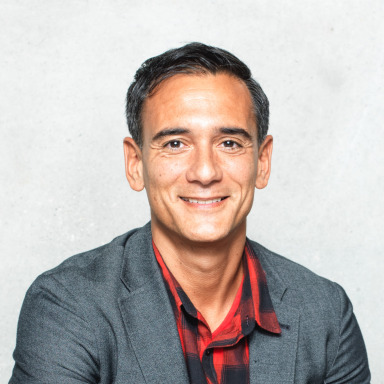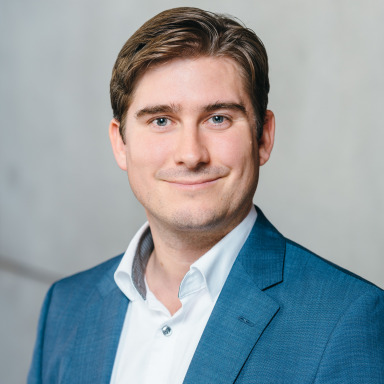 What is sustainability? People give very different answers to this question.
Julia Knop/LAIF-REA/laif
What is sustainability? People give very different answers to this question.
Julia Knop/LAIF-REA/laif
Headline:
Narratives and Mindsets
What do people associate with sustainability? What are the routes and structures that facilitate the adoption of behavior towards sustainable lifestyles, including eating habits and energy consumption? The knowledge about the drivers and promoters of collective behavioral changes is crucial for the design of transformation processes.
Research activities at the IASS aim to identify the factors that contribute to the success or failure of “sustainability narratives” and that shape public discourse as a result. The IASS research also explores how personal attitudes and qualities can be practically cultivated and how they can support collective learning processes towards sustainable lifestyles. Critical reflection on the various concepts of sustainability used in research at the IASS forms a third area of focus: how is transdisciplinary research affected by the use of different concepts of sustainability?

